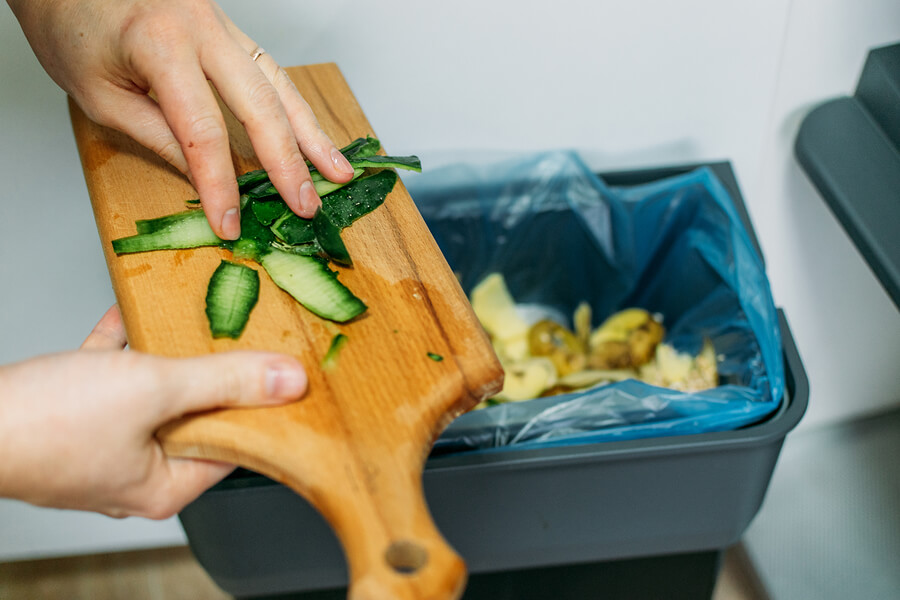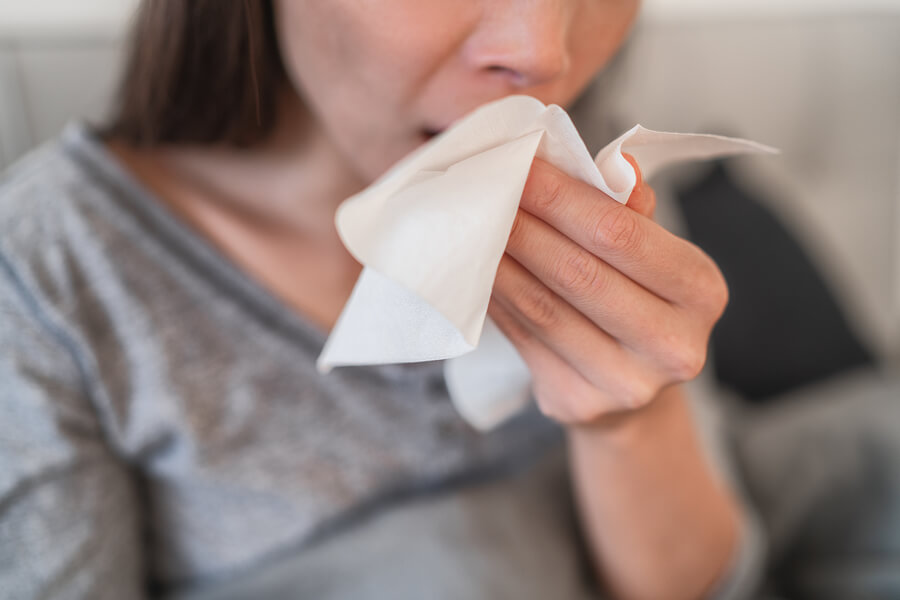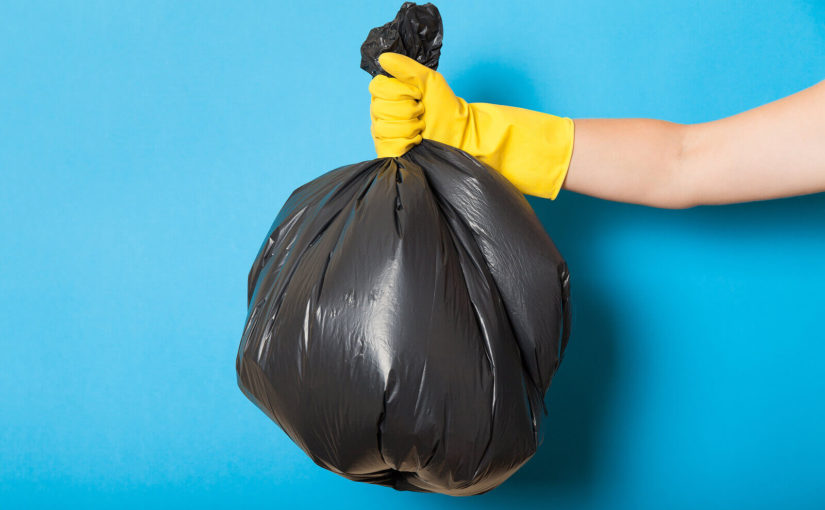We’re living in unprecedented times and our lives are looking very different from how they used to do only a few months ago.
There are not many aspects of normal life that have been left untouched by the coronavirus pandemic, and waste management is one of those affected areas.
While some local council waste collections have been unaffected throughout, many across the country have been.
This is due to a combination of things; mainly staff shortages due to periods of self-isolation, and the increase in domestic waste volumes due to everyone being at home more.
So, what should you be doing with your household waste during this time?
Check with your local council for your collection dates and read on to learn more about waste and COVID-19.
Reduce your household waste where possible

Firstly, you could help the national effort by creating as little waste as possible.
However, we recognise that this isn’t an easy task when there’s a national health crisis and you may be struggling to get hold of some items.
A few ideas for reducing your waste at this time include:
- Making a meal plan before you go to the supermarket so you don’t buy what you don’t need.
- Cooking meals from scratch instead of buying ready meals.
- Composting your food waste.
- Swapping teabags for loose-leaf tea.
- Swapping single-use menstrual products for reusables, such as cloth pads or a menstrual cup.
- Putting a ‘no junk mail’ notice on your front door.
- Swapping your disposable razors for a reusable version — a safety razor would be ideal.
- Swapping your plastic toothbrush for a compostable version.
Separate personal waste from general waste if you’re ill

Secondly, you should carry on disposing of your household waste as normal unless you have symptoms of the virus.
Symptoms of COVID-19 are:
- A high temperature (hot to the touch, on your chest or back)
- A new and persistent dry cough
Additional symptoms can include:
- A loss of sense of smell and taste
- Tiredness
- Aches and pains
The government has published waste management guidelines for those who are at home with symptoms of the virus.
In summary, the guidelines are:
- Personal waste needs to be disposed of separately and securely. This includes used tissues, disposable cleaning cloths, and face masks.
- Place personal waste in a plastic bag, tie it, then place it inside another plastic bag and tie that.
- Store bags of personal waste for 72 hours before putting them in your outdoor bin.
If you live with others, make sure to stay in your bedroom alone and keep your personal waste away from them at all times.
Why should personal waste be handled separately to general waste?
The reason for the separation of personal waste from general waste (and the delay in placing it into your wheelie bin) in infected households is to protect the health of waste collection operatives.
It is thought that the virus can survive on some surfaces for quite a long time; while there’s no absolute evidence right now, it is suspected that COVID-19 may be able to survive on paper and cardboard for 24 hours, and plastic for up to three days.
By double-bagging and storing the waste for 72 hours, you are keeping the people safe who handle your waste once it has left your home.
